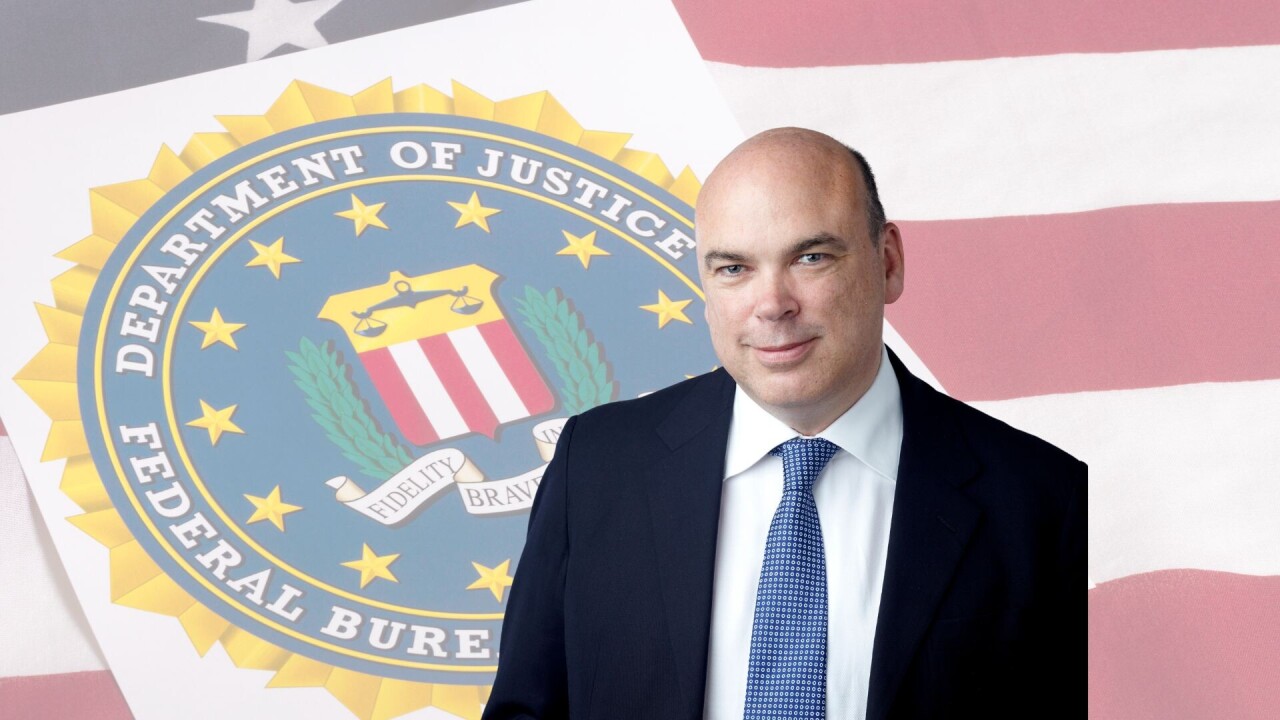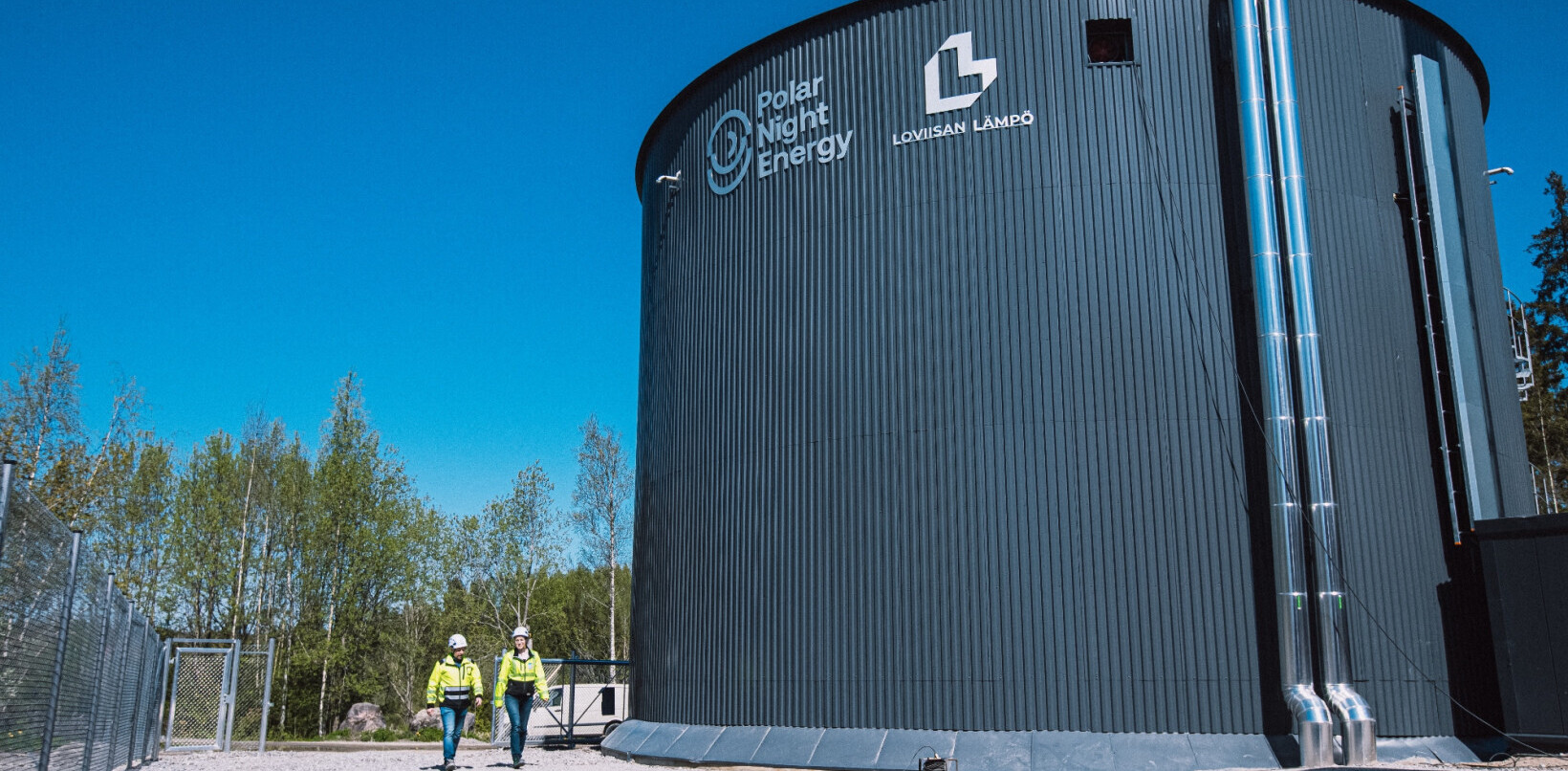
Today, divers recovered the body of tech entrepreneur Mike Lynch from the wreckage of his family’s superyacht Bayesian, which sunk off the coast of Sicily on Monday.
Lynch — sometimes referred to as “Britain’s Bill Gates” — was holidaying in Sicily with his family and friends when disaster struck. An intense storm caused the Bayesian to capsize, plunging it to the bottom of the Mediterranean within minutes. Of the 22 people on board, seven died, including Lynch and his 18-year-old daughter Hannah.
The tragedy comes just two months after a US jury found Lynch innocent of fraud charges in relation to HP’s $11bn acquisition of his startup Autonomy back in 2011. HP had accused Autonomy’s leadership of inflating the company’s valuation in the lead up to the merger.
Years of courtroom scuffles ensued. In 2023, Lynch was extradited to the US to stand trial on 14 counts of fraud and conspiracy. If found guilty, he could’ve spent over 20 years behind bars. And yet, Mike Lynch managed to take on the US Justice Department and won against all odds.
A botched merger
Lynch founded Autonomy in 1996 and rode the tech boom at the turn of the millennium to grow the company into one of the world’s most successful software businesses.
Autonomy specialised in business data analytics. Powered by machine learning and what Lynch called “adaptive pattern recognition,” the firm promised to revolutionise the way corporations managed vast amounts of information — from emails to videos.
The tech was based on a statistical method called “Bayesian inference,” devised by the 18th-century mathematician Thomas Bayes. Lynch was such a devote follower of this school of thought, he later named his family superyacht Bayesian.
HP’s acquisition of Autonomy in 2011 was one of the UK’s largest-ever tech deals. But just a year after the merger, HP wrote down $8.8bn of Autonomy’s value.
The Silicon Valley giant claimed it had been deceived. In a public statement, the company accused Lynch and his team of inflating Autonomy’s revenue through accounting tricks and financial manipulation to make it appear more profitable than it was. It was a claim that would haunt Lynch for the next decade.
Lynch and Stephen Chamberlain, Autonomy’s head of finance — who died in a car accident on Saturday — denied any wrongdoing. The partners accused HP of mismanaging the acquisition and using them as a scapegoat.
But the damage was done. HP’s claims sparked a full-scale investigation, not just by HP itself but also by the UK’s Serious Fraud Office and the US Department of Justice (DOJ). Soon, Lynch was facing legal battles on both sides of the Atlantic.
The legal maelstrom
Lynch’s defense was unfaltering. He argued that HP’s accusations were simply a case of buyer’s remorse. HP had failed to integrate Autonomy properly, he claimed, and the write-down was due to internal mismanagement rather than any fraud on his part. To Lynch, HP’s top brass had made bad decisions, and he was being framed as the fall guy.
In 2015, The UK’s Serious Fraud Office closed its case against Lynch, citing “insufficient evidence.” But in a 2022 London civil trial, a judge ruled in favour of HP’s claims, arguing Lynch was “well aware” that he had misrepresented Autonomy’s financial figures. But the legal saga entered a new league when the US Department of Justice opened a criminal case against the British tech entrepreneur.
In 2019, British courts approved Lynch’s extradition to the United States to face trial — a rare and highly controversial decision. Mike Lynch was terrified that he would die in a US prison. Less than 0.5% of federal criminal cases in the United States end in acquittal.
How Lynch fought back
From day one, Lynch refused, at least publicly, to accept HP’s version of events. He argued that Autonomy’s financials were sound and that HP’s leadership failed to understand the complexity of the business.
Lynch’s lawyers made fast work of highlighting HP’s missteps, emphasising that key HP executives, including then-CEO Meg Whitman, had admitted to a lack of proper due diligence before the acquisition. Lynch’s legal team, framed the debacle not as fraud but as a colossal failure in post-acquisition integration — a common pitfall of tech mergers.
A critical factor in Lynch’s success was his decision to fight the extradition to the US. His legal team argued that he should be tried in the UK, where the alleged fraud occurred, and where Autonomy was based. Lynch used every legal tool available to delay the process.
This strategy bought Lynch crucial time, allowing his legal team to build a robust defense. The longer the extradition process dragged on, the more attention his case received, forcing scrutiny on the actions of HP and the DOJ.
One of Lynch’s strongest defenses lay in the evidence — or rather, the lack thereof. Lynch’s legal team focused on dismantling the DOJ’s claims by casting doubt on the quality of the evidence presented.
Throughout the legal proceedings, Lynch’s public relations team worked tirelessly to shape the narrative in the media. Lynch’s public stance was clear: he was being unfairly targeted by an American legal system seeking a scapegoat.
On June 6, Mike Lynch, was acquitted of criminal charges by a jury in San Francisco, bringing an end to one of Silicon Valley’s biggest fraud cases.
“I am elated with today’s verdict and grateful to the jury for their attention to the facts over the last 10 weeks,” Lynch said at the time of his acquittal. “My deepest thanks go to my legal team for their tireless work on my behalf. I am looking forward to returning to the UK and getting back to what I love most: my family and innovating in my field.”
Mike Lynch’s decade-long battle with the US Justice Department will go down as one of the most remarkable legal victories in the tech world. He faced down a multinational corporation and the full force of the US government and emerged, if not entirely unscathed, then certainly victorious.
Sadly, his luck was short-lived. Just two months later, Lynch’s friends and family — as well as members of his legal and defence team — were celebrating the courtroom victory aboard the Bayesian before tragedy struck.
Get the TNW newsletter
Get the most important tech news in your inbox each week.




